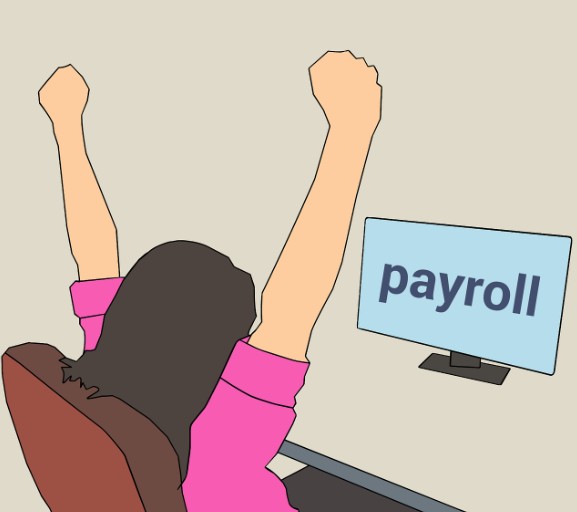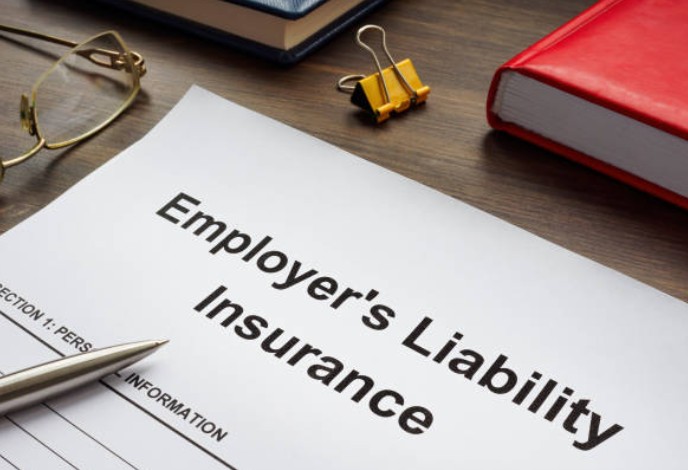When you’re setting up or running a business in the UK, employers’ liability insurance isn’t just a box to tick—it’s a legal must. But if you’ve ever asked, “How much does employers liability insurance cost?” you’re not alone. Thousands of UK business owners Google this every month, trying to figure out whether the premiums will make or break their budget.
The truth is: there’s no one-size-fits-all answer.
But don’t worry—this guide breaks it down for you with real-life stories, actual price ranges, and tips to keep your costs down.
What is Employers’ Liability Insurance?
Employers’ liability insurance is a legal requirement for nearly all businesses in the UK that employ staff. It protects you if an employee becomes ill or suffers an injury as a result of working for your company. If that happens, and you don’t have insurance, the legal and compensation costs could land squarely on your shoulders.
Under the Employers’ Liability (Compulsory Insurance) Act 1969, UK employers must have a minimum of £5 million of cover in place. Failing to comply can lead to fines of up to £2,500 per day for each day you operate without it.
Even if your company employs volunteers, casual workers, apprentices, or temporary staff, you’ll almost always need this insurance.
How Much Does Employers Liability Insurance Cost in the UK?

On average, most small to medium-sized UK businesses can expect to pay between £60 and £250 per employee per year.
However, this is just a guideline. Costs can be as low as £100 per year for a small office-based company or as high as £1,000 to £2,000 per year for businesses in high-risk sectors like construction, manufacturing, or logistics.
To give a clearer picture:
- Low-risk businesses (like retail shops, offices, and consultancies) might see premiums starting around £100 – £300 per year for minimal cover.
- Medium-risk businesses (like restaurants, warehouses, and salons) might pay £300 – £700 per year.
- High-risk businesses (like building contractors or factories) can easily see premiums above £1,000 annually.
The bottom line? Your cost will depend on your business’s risk profile.
What Factors Influence Employers’ Liability Insurance Costs?
When insurance providers calculate your premium, they assess several key factors:
1. Industry Risk Level
The nature of your business has a major impact on your premium.
- Office-based businesses typically face lower risks and pay lower premiums.
- Businesses in construction, agriculture, or manufacturing face higher accident and injury risks and usually pay more.
The more hazardous the working environment, the higher the cost.
2. Number of Employees
The more staff you have, the greater the potential liability.
- A small company with three employees will pay significantly less than a company with 50 employees.
- Costs typically increase incrementally per additional employee.
3. Payroll Size

Some insurers price premiums based on the total wage bill rather than just the number of staff. A higher payroll may suggest a larger scale operation, which typically attracts higher premiums.
4. Previous Claims History
If your business has had previous insurance claims (especially multiple or large claims), insurers will view you as a higher risk. This often results in a higher premium.
Maintaining a good health and safety record can help you keep costs down over time.
5. Level of Cover
Most businesses opt for the legal minimum of £5 million in cover, but some industries and contracts may require higher cover limits, which naturally increases the premium.
6. Location of Your Business
Believe it or not, where your business is based can influence your premium. Urban businesses may face different risks compared to those in rural areas.
Real-Life Stories from UK Businesses
Amelia’s Coffee Shop in Brighton – A Cost-Effective Safety Net
Amelia opened a small independent café in Brighton. Initially, she questioned whether employers’ liability insurance was really necessary for her part-time staff.
After doing some research, she opted for a basic policy costing her just £140 per year.
Six months later, one of her weekend baristas slipped on a freshly mopped floor and broke his wrist. The employee filed a compensation claim totalling £20,000.
Fortunately, Amelia’s policy covered all costs, including legal fees. Without it, she admitted, she would likely have been forced to close her business.
Amelia’s advice?
Even if you think your workplace is low risk, don’t take the gamble—it’s a small price to pay for potentially life-saving cover.
Why You Shouldn’t Skip Employers’ Liability Insurance?
Some small business owners mistakenly believe they can avoid employers’ liability insurance if they only employ family members or unpaid interns. While there are very few exemptions (such as a sole trader with no employees), most businesses are legally required to have this insurance in place.
Skipping this protection can cost more than just legal fines. A single compensation claim could easily reach tens of thousands of pounds—possibly more if long-term health issues are involved.
Also, many large clients, councils, and government contracts now won’t work with you unless you can prove you have adequate employers’ liability insurance. It has become a basic credibility check in the UK business landscape.
How to Lower Your Employer’s Liability Insurance Costs?
If you’re worried about premiums eating into your budget, here are some proven strategies to help you get a better deal:
Compare Multiple Quotes
Never accept the first quote you receive. Prices can vary widely between insurers, especially for niche industries. Use comparison websites but also speak directly to specialist brokers who may offer tailored rates.
Bundle Your Business Insurance
Many insurers will offer discounted rates if you combine your employers’ liability insurance with other policies such as public liability insurance, professional indemnity, or buildings and contents cover.
Maintain Strong Health and Safety Standards

Insurers reward businesses that demonstrate low-risk working environments. Regular safety audits, staff training, and proper equipment maintenance can reduce both your risk and your premium.
Review Your Cover Annually
Your business evolves—so should your insurance. Make sure you aren’t over-insured based on outdated staffing or payroll figures. Regular reviews can help you avoid paying for unnecessary cover.
Ask About No-Claims Discounts
Some insurers offer reduced premiums for businesses that have a clean claims history. Always ask if this is available.
Final Thoughts: It’s Not Just About the Cost
Employers’ liability insurance isn’t just a legal requirement—it’s a fundamental safety net for your business. The cost can vary, but typically it’s affordable protection that can save you from serious financial loss.
Realistically, most small businesses in low-risk sectors can secure employers’ liability cover for under £300 per year, sometimes significantly less. For businesses in higher-risk industries, the investment is naturally higher, but the protection is absolutely essential.
The key takeaway?
Don’t simply buy the cheapest policy—buy the right policy.
Take the time to compare, read the fine print, and make sure you’re covered for the real-life risks your business faces.
Protecting your employees protects your business.

Leave a Reply